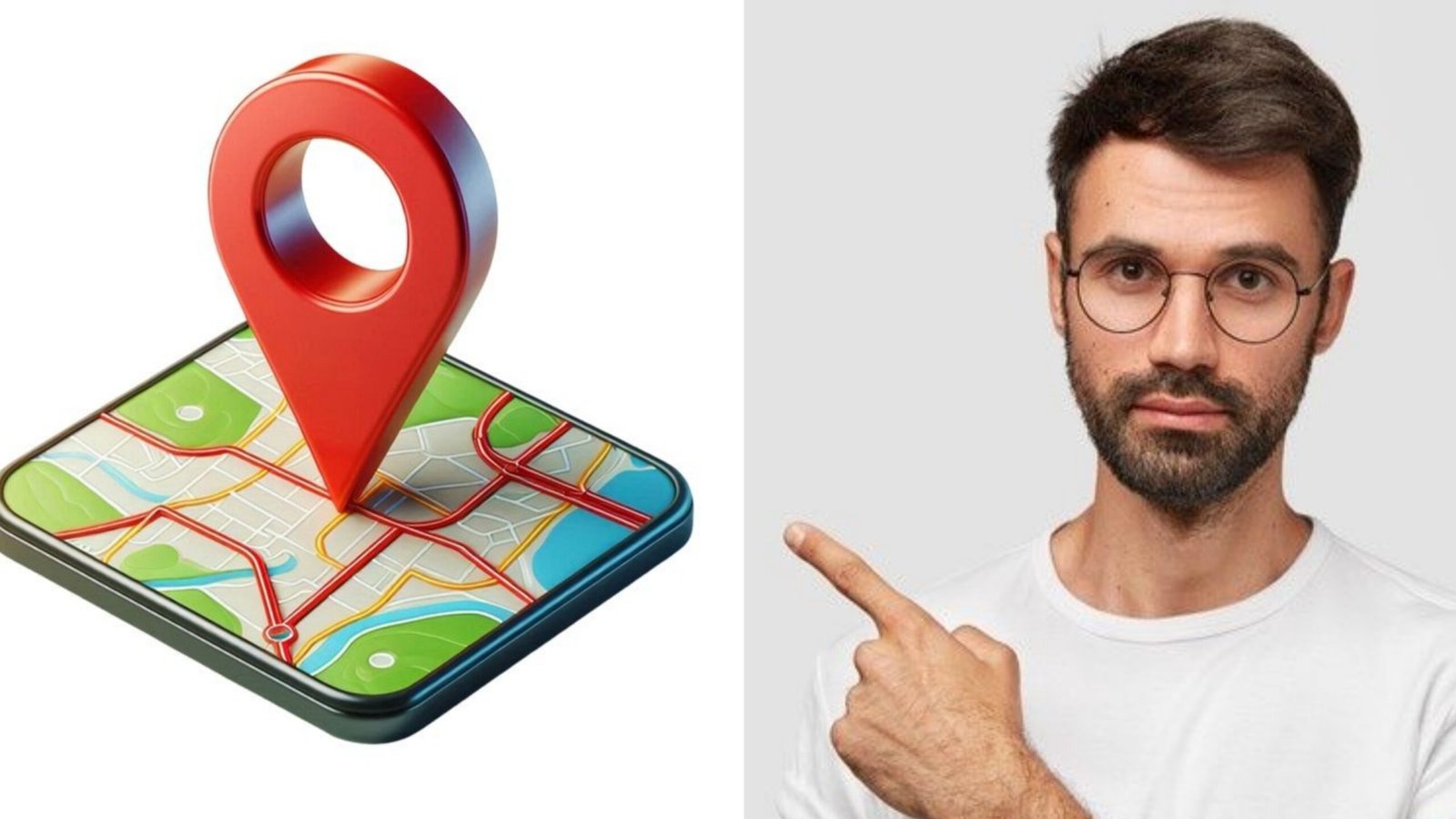Location Tracker: Full Information
A location tracker is a technology that allows users to determine the real-time or historical geographic position of an object, individual, or vehicle. It uses various technologies such as GPS, Wi-Fi, Bluetooth, and cellular networks to track and transmit location data. Location trackers are employed in a variety of applications, including personal safety, fleet management, fitness tracking, wildlife monitoring, and asset tracking.
How Location Trackers Work
- GPS Technology
The Global Positioning System (GPS) is the most common technology used in location trackers. It operates using a network of satellites that transmit signals to GPS receivers on Earth. The device calculates its position by measuring the time it takes for the signals to reach it from multiple satellites. - Wi-Fi Positioning
In urban environments where GPS signals may be weak, devices often use Wi-Fi positioning. This method identifies nearby Wi-Fi hotspots and matches their locations with a database to determine the device’s position. - Cellular Triangulation
Cellular networks can be used for location tracking by analyzing signal strengths from nearby cell towers. This method is less accurate than GPS but works in areas without satellite coverage.
Bluetooth Technology
Short-range location tracking often relies on Bluetooth beacons. These devices emit signals that can be detected by compatible devices within a certain radius, providing precise location data in indoor spaces.
Applications of Location Trackers
- Personal Use
- Safety and Security: Parents use location trackers to monitor their children’s whereabouts, while individuals use wearable trackers for personal safety during travel or outdoor activities.
- Health and Fitness: Smartwatches and fitness trackers monitor physical activities and provide location data for workouts, such as jogging or cycling.
- Transportation and Fleet Management
- Businesses utilize location trackers to monitor their fleets. This helps in route optimization, reducing fuel costs, and ensuring timely deliveries.
- Ridesharing apps like Uber rely on location tracking to match drivers with passengers and provide real-time trip updates.
- Asset Tracking
- Companies use GPS trackers to monitor valuable assets during shipping. This ensures the security of goods and provides updates on delivery progress.
- In construction, heavy equipment is often equipped with trackers to prevent theft and improve operational efficiency.
- Wildlife and Environmental Monitoring
- Conservationists use GPS collars to track endangered species’ movements, helping to study migration patterns and behaviors.
- Scientists monitor environmental changes, such as glacier movements or deforestation, using satellite-based trackers.
- Emergency Services
- Location tracking is critical for dispatching emergency services like ambulances, fire brigades, and police to the exact location of incidents.
- SOS features in devices enable individuals to send their location to authorities during emergencies.
Types of Location Tracking Devices
- Wearable Trackers: Used for personal tracking, including smartwatches and fitness bands.
- Vehicle Trackers: Installed in cars and trucks to monitor location and driving behavior.
- Asset Trackers: Compact devices used for securing shipments or valuable items.
- Pet Trackers: Lightweight collars with GPS technology to monitor pets.
Mobile Apps: Many smartphones come with built-in location services that can be tracked via apps.
Privacy and Security Concerns
While location trackers offer significant benefits, they raise concerns regarding data privacy and security.
- Unauthorized Tracking: Malicious actors can misuse tracking devices to invade privacy.
- Data Breaches: Location data stored on servers can be compromised, revealing sensitive information.
- Lack of Consent: Tracking someone without their consent is unethical and often illegal.
To mitigate these risks, users should:
- Use trackers with robust encryption.
- Regularly update device software to fix vulnerabilities.
Avoid sharing location data unnecessarily.
Future of Location Tracking
With advancements in technology, location tracking is becoming more accurate and accessible.
- 5G Integration: The widespread rollout of 5G networks will enhance real-time tracking capabilities.
- AI and Machine Learning: These technologies will improve predictive analytics, such as estimating travel times and detecting unusual patterns.
- Smart Cities: Location trackers will play a crucial role in smart city initiatives, optimizing traffic flow and public transportation systems.
In conclusion, location trackers are powerful tools with diverse applications. While they offer numerous advantages, responsible use is essential to address ethical and privacy concerns







